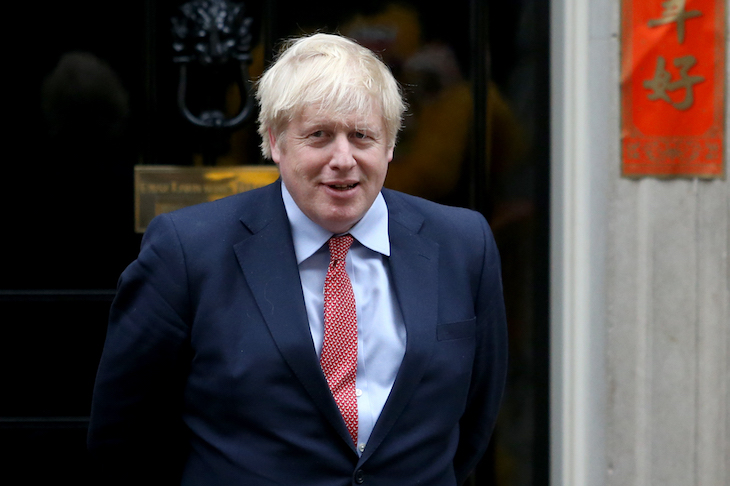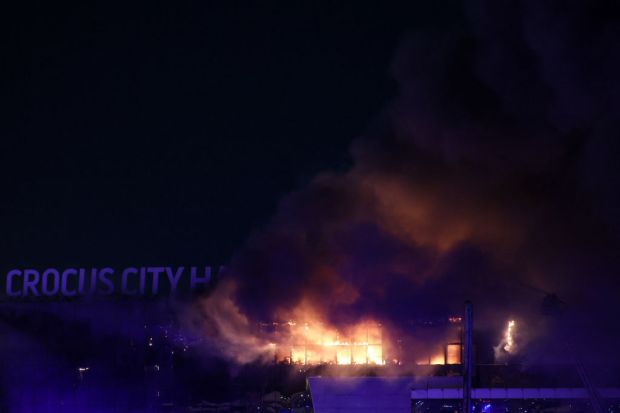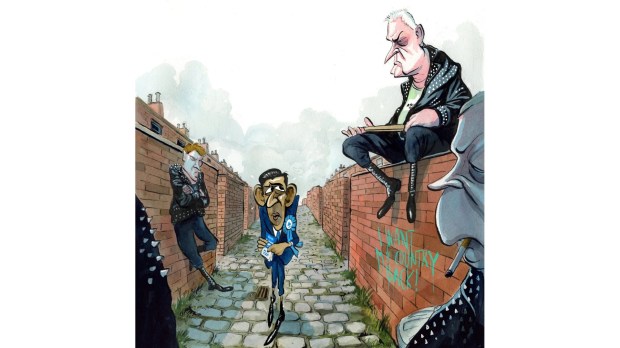The government has this afternoon unveiled its response to the Streatham terrorist incident on Sunday – which saw a man recently released for terror offences stab civilians in south London. Speaking in the Chamber, Justice Secretary Robert Buckland said that the government will table emergency legislation to end automatic early release for convicted terrorists. Under the plans, terror offenders will only be considered for release if they have served two-thirds of their sentence rather than half and then it will be subject to the approval of the parole board. Crucially, this will retrospectively end automatic early release for 220 convicted terrorists who are currently behind bars.
Explaining the decision, Buckland said:
‘We cannot have the situation, as we saw tragically in yesterday’s case, where an offender – a known risk to innocent members of the public – is released early by automatic process of law without any oversight by the Parole Board.
We will be doing everything we can to protect the public, that is our primary duty. We will, therefore, introduce emergency legislation to ensure an end to terrorist offenders getting released automatically having served half of their sentence with no check or review.’
This is a drastic move as it aims to change the sentence of those already convicted of these offences – rather than just individuals charged from this point onwards. No. 10 plan to introduce the legislation to the Commons by the end of the week and have it pass all stages before next week’s parliamentary recess. Government figures suspect that there is potential for a legal challenge but intend to plough on regardless on the grounds that exceptional circumstances call for exceptional measures. In the Chamber, Buckland also suggested that this wasn’t really a retrospective change given that it doesn’t change the length of sentence – instead how they serve of an existing sentence.
Many of the measures Buckland outlined today have been favoured by Johnson’s government for some time. After the London Bridge attack during the general election campaign, Johnson made an intervention – using an interview on the Andrew Marr show to blame sentencing regimes and automatic release laws for the incident. What’s changed in the past day is that the Streatham attack – in which Sudesh Amman was released and then put under police surveillance – has increased the urgency under which the changes are put into law.
However, there’s a sense among some government figures that in the long term these changes alone will not be enough. Reports suggest Amman was radicalised while in prison. Boris Johnson today questioned the effectiveness of de-radicalisation programmes. Yet under the changes being proposed, convicted terrorists could serve two thirds of their sentence and then be released. If so, there will also need to be a focus on how to improve the chances of effective de-radicalisation and how risk can be limited on release.
Got something to add? Join the discussion and comment below.
Get 10 issues for just $10
Subscribe to The Spectator Australia today for the next 10 magazine issues, plus full online access, for just $10.





















Comments
Don't miss out
Join the conversation with other Spectator Australia readers. Subscribe to leave a comment.
SUBSCRIBEAlready a subscriber? Log in